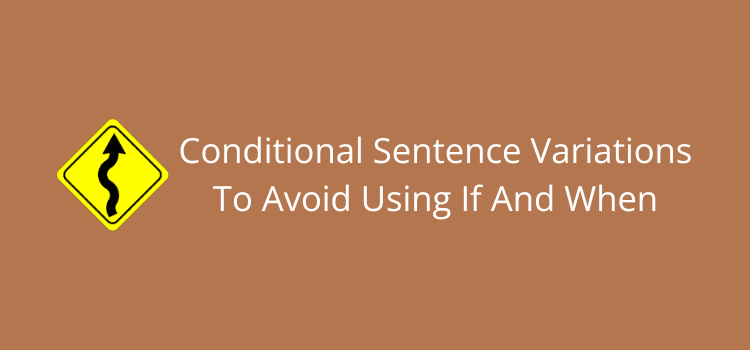8 Subtle Signs Someone Pretends to Like You While Secretly Disliking You—Can You Spot Them?

Have you ever walked away from a conversation with someone who seemed perfectly pleasant on the surface, yet you felt a weird tightness in your chest or a nagging sense that something was off?
I know I have. I once attended a small get-together where a friend-of-a-friend kept showering me with compliments—about my outfit, my “impressive background,” and even my “cool vibe.”
It all felt strangely mechanical, like they were checking boxes on a “how to be nice” list without any real warmth behind their words.
By the end of the night, that uncomfortable feeling wouldn’t leave me. My gut told me there was more to their behavior than just awkward social skills, and later, it turned out they’d been harboring some not-so-friendly feelings.
Over time, I’ve learned to recognize certain behaviors that consistently show up when someone is putting on a friendly façade. Here are eight signs I’ve personally witnessed—and what they can reveal.
1. They give half-hearted compliments
One of the biggest red flags I’ve noticed is the half-hearted or vague compliment. It typically sounds like they’re praising you—“Oh wow, I guess you did a good job”—but the phrasing or tone suggests they’re not fully convinced.
These “compliments” might feel lukewarm, more like they’re fulfilling a social obligation instead of genuinely admiring you. At times, I’ve also heard “compliments” that sound like subtle put-downs, such as, “I’m surprised you pulled it off, but good for you.”
When someone truly values what you do, they’ll focus on specifics or share genuine enthusiasm. Half-hearted compliments often lack depth or context, making them stand out as disingenuous.
It’s almost as if they’re saying, “I should congratulate you,” but their actual feelings are lukewarm at best. Noticing this pattern can help you sense when their positive words might hide underlying negativity.
2. They avoid genuine eye contact
Eye contact is one of the most underrated forms of nonverbal communication. When I think about my friends, the ones who genuinely care look me in the eye, especially during heartfelt moments.
On the other hand, people who harbor negative feelings can struggle with consistent, authentic eye contact. They might glance at you briefly but quickly dart their gaze elsewhere, or keep staring at their phone when you speak.
I once had a colleague who would chat me up in the break room, but whenever I looked their way, they seemed to be staring at the clock or their coffee cup. A part of me wanted to believe they were just shy.
Yet, over time, I picked up on how this person maintained normal eye contact with others—they just wouldn’t do it with me. It turned out they had some lingering resentment, and the lack of genuine eye contact was a clue.
3. They use sarcasm as a weapon
Some people love banter, and lighthearted sarcasm can be playful. But there’s a sharp difference between playful sarcasm among close friends and sarcastic remarks designed to belittle.
I’ve experienced the latter when someone peppers their “jokes” with stinging comments about my achievements or choices. It often comes with a telling smirk or a dismissive roll of the eyes, and there’s an undercurrent of tension that makes it clear you’re the target, not just a participant in friendly ribbing.
In these moments, you can usually sense that something more is going on than casual teasing. While genuine friends might poke fun at your quirks, they do so without the intent to humiliate or degrade you.
Hidden dislike often shows up as sarcasm that leaves you second-guessing yourself or feeling uncomfortable rather than amused.












